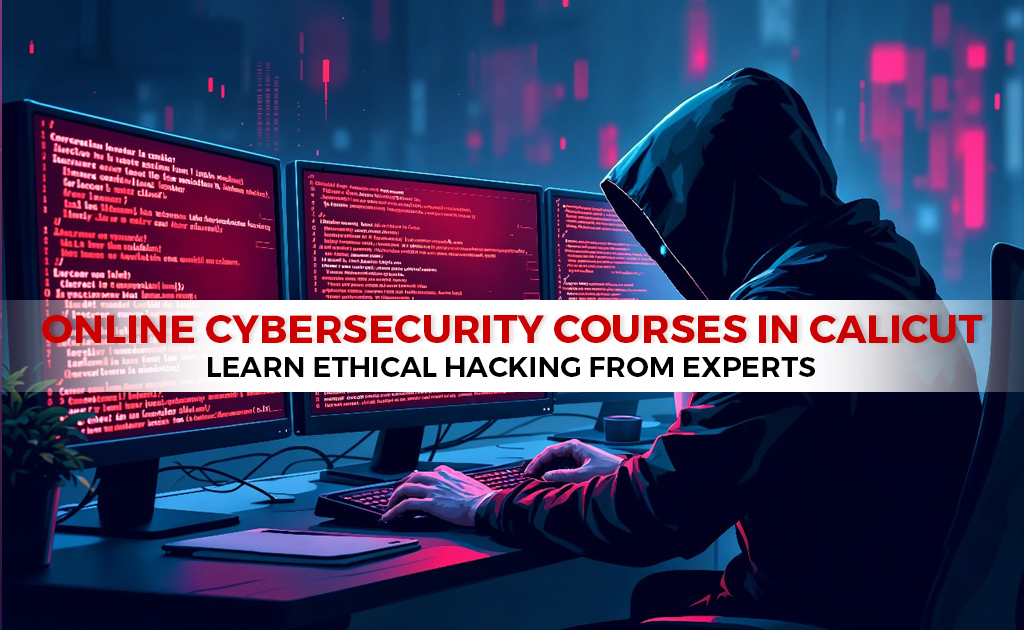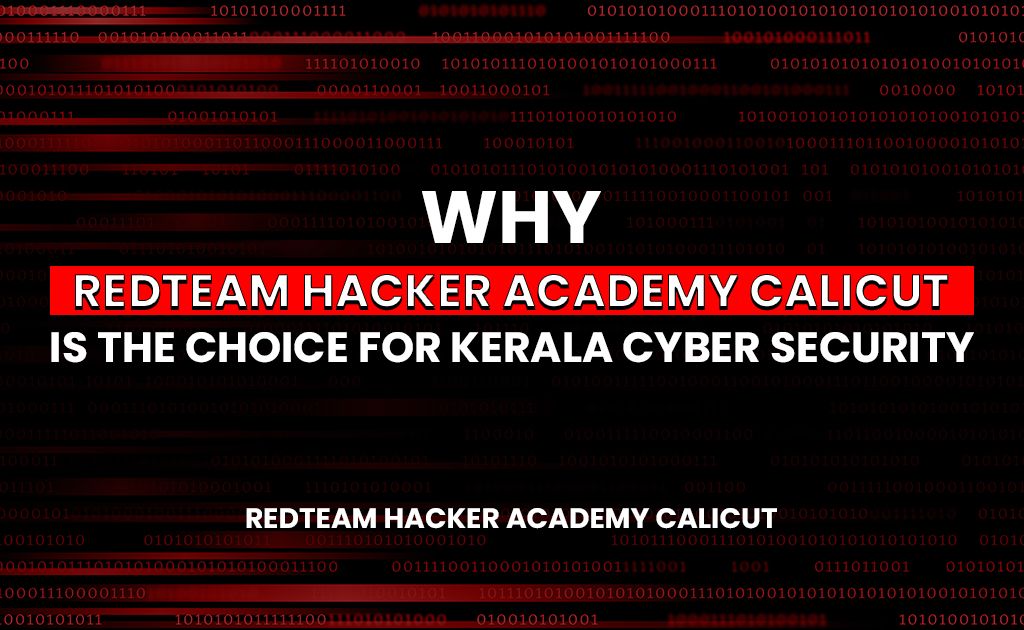Deep fake Technology and Cybersecurity: A New Digital Threat
Imagine scrolling through your social media feed and coming across a video of your favorite celebrity saying something totally outrageous. You share it with your friends, only to find out later it was a deep fake—a fake video made using artificial intelligence (AI). This isn’t just a cool tech trick; it’s a growing problem that’s shaking up the world of cybersecurity.
As school students and teenagers, you’re online all the time, so understanding deepfakes and how they threaten our digital safety is super important. In this blog, we’ll break it all down in a way that’s easy to understand, talk about why it matters to you, and even hint at how learning more—like through a cyber security course in Kasaragod—can help you stay safe. Let’s dive in!
What Are Deep Fakes?
Deep Fakes are like digital magic. They use AI to create videos, audio, or pictures that look and sound super real but are totally made up. The name “deepfake” comes from “deep learning,” which is a smart tech that teaches computers to copy how people act or talk. By studying tons of photos or voice clips of someone, AI can whip up new stuff that makes it look like that person said or did something they never actually did.
Think of it this way: a deep face could show a singer “performing” a song they never sang or a politician “saying” something wild they never said. It’s not just videos—hackers can even fake someone’s voice to sound exactly like them. While deepfakes can be fun for things like movie effects or silly TikTok edits, they’ve got a sneaky side that’s a big deal for cybersecurity.
Why Are Deepfakes a Cybersecurity Threat?
Cybersecurity is all about keeping your online world safe—your passwords, accounts, and even who you are. Deep fakes are a new weapon for bad guys (aka cybercriminals) because they’re so good at fooling people. Here’s how they cause trouble:
1. Phishing Gets Scarier
You’ve probably heard of phishing—those sketchy emails or texts trying to trick you into giving up your info. Deepfakes make it worse. Picture getting a video call from someone who looks and sounds like your bestie, asking for your gaming password. It seems legit, so you share it—bam, you’ve been hacked! This is “deep fake phishing,” and it’s tough to spot.
2. Fake News on Steroids
Deepfakes can spread lies super fast. Imagine a fake video of a world leader starting a fight—people might freak out before anyone realizes it’s not real. Since you and your friends get a lot of news from social media, you could accidentally share this stuff, making it a bigger mess. It’s happened during elections and big events, and it’s a real headache.
3. Pretending to Be Someone Else
Hackers can use deepfakes to act like someone you trust. What if you get a voice message that sounds just like your mom, saying she lost her wallet and needs cash quickly? You might send money without thinking twice. People have lost big bucks to these scams already.
4. Cyberbullying and Drama
For teens, deepfakes can hit close to home. Someone could make a fake video of you saying something dumb or mean and spread it around school. Even if it’s fake, it could mess up your rep or make you a target for bullies. It’s a nasty twist on cyberbullying.
5. Making Us Doubt Everything
The more deep fakes pop up, the harder it is to trust anything online. If you can’t tell what’s real, you might stop believing even the true stuff. That’s a big problem, especially for young people figuring out what’s what in the digital world.
How Could Deep Fakes Affect You?
Let’s make this real for you with some examples:
- School Trouble: A deep face could show a classmate “confessing” to something bad, like skipping class. It’s fake, but they could still get in hot water.
- Social Media Scams: A hacker might fake your friend’s voice or face to ask for your account details, saying they “forgot” theirs.
- Celebrity Tricks: You see a deepfake of a YouTuber you love pushing a shady app. You download it, and boom—your phone’s got malware.
- Voice Pranks: Someone fakes your crush’s voice to mess with you, leaving you confused or embarrassed.
These aren’t just “what ifs”—they’re things that could happen to anyone, especially teens who are always online.
How to Spot a Deep Fake?
Deep Fakes are getting slick, but you can still catch them if you know what to look for:
- Weird Face Stuff: Check if the mouth moves funny or the eyes blink oddly.
- Lighting Clues: If the face looks lit differently than the background, something’s up.
- Voice Vibes: Fake audio might sound robotic or have weird pauses.
- Source Check: If it’s from a random account, don’t trust it—stick to verified news or people you know.
Not sure? Ask a parent or teacher, or use apps that sniff out fakes.
How to Stay Safe from Deep fakes?
You don’t have to be a tech genius to protect yourself. Try these tips:
- Don’t Fall for Everything: If it’s wild or suspicious, don’t share it—check it out first.
- Lock Down Your Info: Never give out passwords or personal stuff, even if it’s “someone you know.”
- Beef Up Security: Use strong passwords and turn on two-factor authentication (like a code sent to your phone).
- Keep Apps Fresh: Update your phone and apps to block new tricks hackers might try.
- Learn the Ropes: Knowing how cybercriminals work can save you. Maybe check out a cyber security course in Kasaragod to get the basics down.
Why Cybersecurity Matters More Than Ever?
Tech like deepfakes is changing fast, and so are the risks online. For teens, who live on their phones and laptops, staying safe is a must. Plus, learning about cybersecurity isn’t just about protection—it’s a ticket to cool jobs. Companies need people who can fight hackers, and that could be you someday!
Significantly, the current education system demands the need for cyber security courses in Calicut, and international certifications such as EC Council, CompTIA, and PCEB are becoming key. Getting into this stuff now—like through local classes or online programs—can set you up for success.
Wrapping It Up: Be Smart, Stay Safe
Deep Fakes are mind-blowing but risky. They can trick you, spread lies, and even hurt your friends, making them a huge cybersecurity threat. As students and teens, you’ve got the power to stay ahead by questioning what you see, securing your accounts, and learning more about the digital world. Exploring options like a cyber security course in Kasaragod could give you the edge you need to tackle these challenges.
And if you’re ready to level up, check out RedTeam Hacker Academy. We’re all about turning curious teens into cybersecurity champs with hands-on courses like Certified Ethical Hacker (CEH) and CompTIA Security+. Remarkably, the advanced cybersecurity career demands advanced cybersecurity training and certification from a valid institute, and we’ve got you covered. Our programs, including the Best CyberSecurity Internship in calicut for college students, make learning fun and real.
Furthermore, with the perfect cybersecurity training from RedTeam Hacker Academy, you can earn internationally accredited certificates and benefit from the most modern training methodology and curriculum, including our cybersecurity internship in Kasaragod. Whether you’re near Calicut, Kasaragod, or anywhere else, join us to outsmart the hackers and kickstart an awesome future. Sign up today and be the hero the digital world needs.








